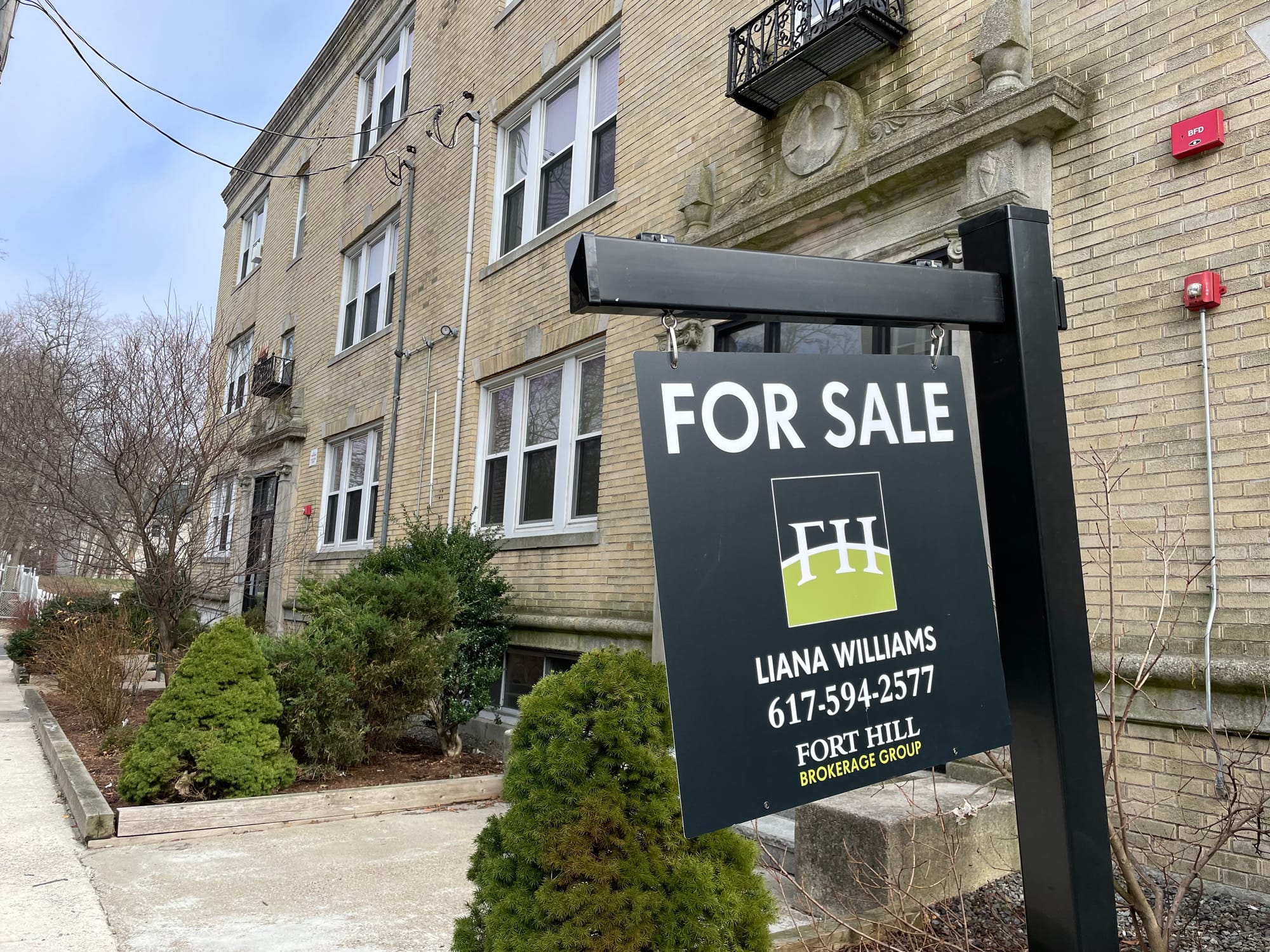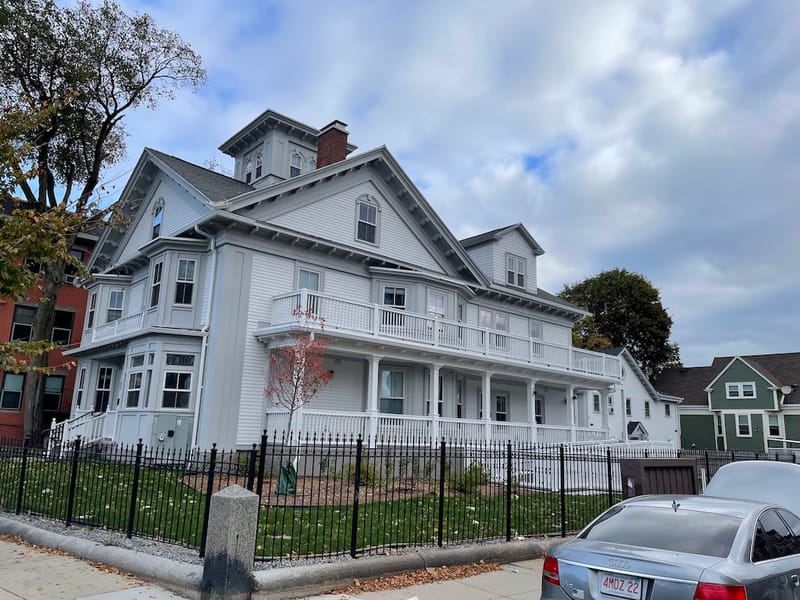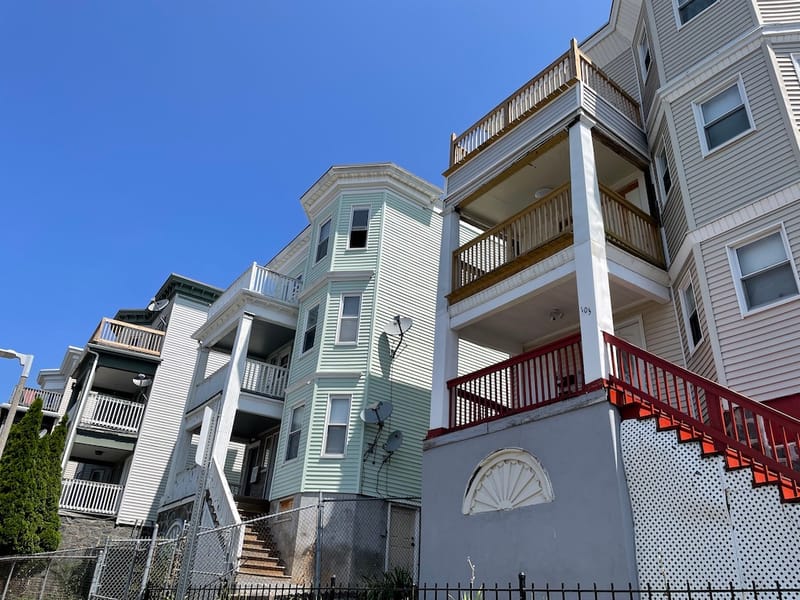Report: Mass Latinos face significant housing challenges
Mauricio Gastón Institute report shows Latinos struggling more than any other major ethnic group in state's overheated housing market.
The Latino population in Massachusetts has more than doubled since 1990, helping stabilize the state’s declining population and propping up the state economy, as Latinos have opened businesses and filled critical positions in the job market.
But Latinos in Massachusetts haven’t enjoyed the benefits of the state’s growing economy, trailing behind all major demographic groups in homeownership, housing stability and virtually every other metric of housing security, according to a report released recently by the Mauricio Gaston Institute for Latino Community Development and Public Policy.
The key takeaway: the state’s lack of affordable housing has reached into virtually every Latino community in the state.
With a homeownership rate of just 31% — less than half the 71% rate at which whites own homes — the vast majority of Latinos in Massachusetts are at the mercy of the state’s overheated rental market. In communities ranging from East Boston to Lawrence and Springfield, displacement is a constant problem for Latino households, whose average yearly incomes of $62,000 are little more than half the $119,000 average yearly income of whites.
With lower incomes than whites, Blacks and Asians, Latinos are also the most rent-burdened population in the state, on average spending 61% of their income on rent, leaving little left for savings, health care, food and other essentials. Families are considered rent burdened when the spend more than 30% of their income on rent and severely rent burdened when they spend more than 50%, according to the National Low Income Housing Coalition.
While in Boston, Latinos — a third of whom are severely rent burdened — are facing unaffordable housing costs, Latinos in many Massachusetts cities with lower rents and housing costs are facing more severe challenges to housing security, the report found.
In Springfield, where Latinos are the largest ethnic group, making up 46.7% of the city’s population, the Latino population has been hit hard by increases in rents and home values, says Rose Webster-Smith, executive director of the housing advocacy group Springfield No One Leaves.
“We have some of the highest eviction rates in the state,” she said. “Most of these evictions are happening in Black and brown communities.”
In 2023, Springfield’s year-over-year average rent increase of 14% was the highest in the country, according to the Waller Weeks & Johnson Rental Index.
Webster-Smith points to what housing advocates estimate to be a need for 20,000 new units in Western Massachusetts as part of what’s driving up rents in Springfield. Another factor, she says, is increased speculation from investors.
State Rep. Carlos Gonzalez, who has worked as a realtor in Springfield for 25 years, says the increase in purchases by investors is noticeable.
“We’re getting inundated with investors buying up properties,” he said. “It increases rents for the average individual. You’re ending up with a lot of apartments with two families living in one household.”
In June and July of 2024, 29% of home purchases in Springfield were by investors, according to an analysis of sales listed by the publication BusinessWest. Gonzalez said the relatively low cost of acquisitions in Springfield is attractive to investors. The average home value in the city is $277,913, compared to Boston’s average of $739,121, according to the real estate website Zillow.
“When you have a low-income community like Springfield, rental units become a great opportunity for investors,” Gonzalez said.
In Chelsea, City Councilor Roberto Jiminez says, an influx of renters from Boston has increased pressure on the housing market.
“Generally, what we see is people getting priced out of East Boston and moving here, and people here getting priced out and moving north to Lynn and Lawrence,” he said. “Every two years when there’s an election and you’re knocking on doors, you see so many people have moved out.”
While many housing activists hoped the Affordable Homes Act, which made its way through the Legislature last year, would provide some relief, few believe the legislation’s emphasis on housing production will benefit low-income renters. Lawmakers have legislation that would allow local communities to adopt rent control and a bill that would allow municipalities to tax high-value real estate transfers at up to 2%.
Jiminez said the Legislature’s housing bond bill — projected to allow for the construction of up to 45,000 new units across the state — would do little to help Latino renters in Chelsea, where there’s little in the way of developable lots. Like many housing activists in Boston and other Massachusetts cities, Jiminez says he believes rent control would have been more helpful than any provision the Legislature passed last year.
“People are hurting now and their rents are out of control,” he said. “They need help now.”







